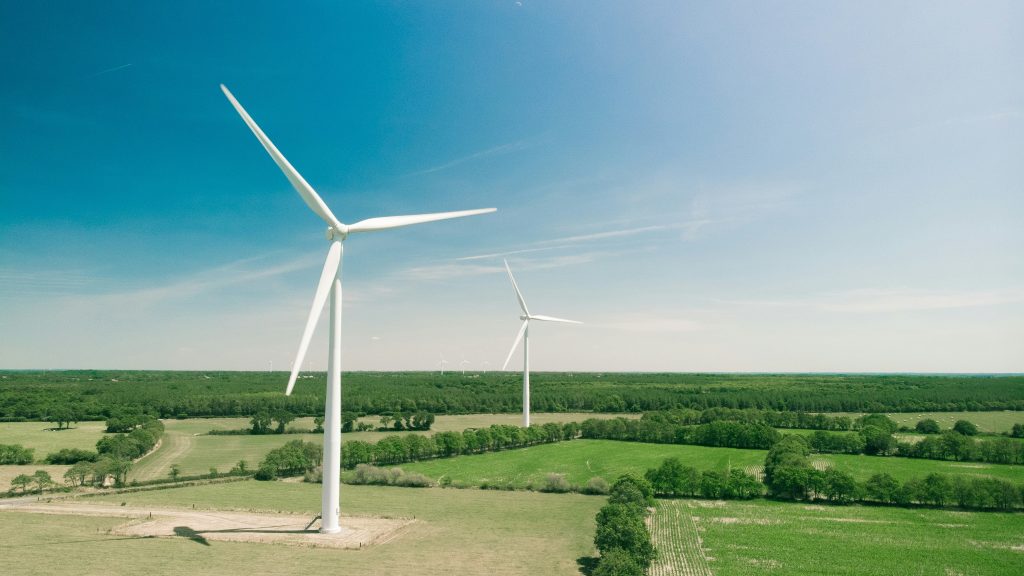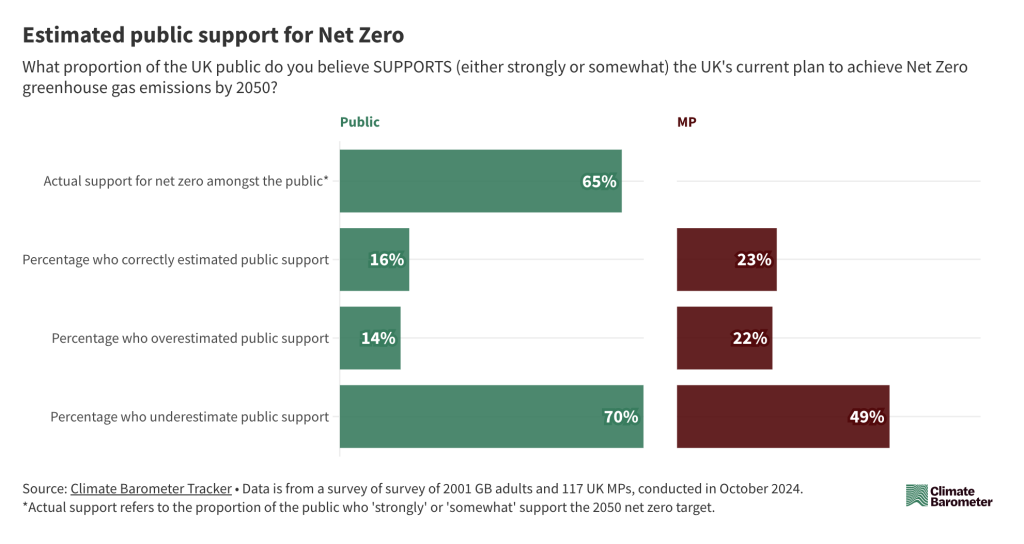
Words by Bella Zanin (Knowledge Exchange Associate)
Environmental action is at risk of becoming the next battleground in the UK’s culture wars. But despite political noise and attempts to sow division, public support for tackling the climate and nature crisis remains strong—across political and demographic groups. Unity has never been more vital.
Is our planet the latest victim of the culture wars?
This week was a rough week to be working on climate, with far-right party Reform UK making sweeping gains in the local elections. On first impressions, the party’s rise feels worrying. Reform has pledged to scrap ‘net stupid zero’ policies that are ‘destroying jobs’ and tax renewable energy. Its commander-in-chief, Nigel Farage, also attended the launch of a climate denial group earlier this year.
Reform’s by-election victory comes days after ex-Labour Prime Minister Tony Blair slammed his own party’s environmental policies in a new paper published by his eponymous think tank. In the report’s foreword, Blair argues that tackling climate change by phasing out fossil fuels is a strategy ‘doomed to fail’, instead urging us to invest money in carbon capture and storage, nuclear power, and artificial intelligence (AI).
His remarks are reminiscent of those made by Conservative Party Leader Kemi Badenoch in March, who claimed it would be ‘impossible’ to reach net zero emissions without ‘bankrupting’ the country. Aside from containing fundamental errors, such arguments suggest that the long-standing political consensus in the UK is fracturing and that climate change is being dragged into the culture wars, where it becomes more about ideology and identity than solving a common problem.
Anti-net-zero arguments do not align with the scientific evidence or with public opinion.
Claims that phasing out fossil fuels is too difficult or too expensive, and that we can simply rely on technological innovation to save us, do not stand up to scrutiny. Such narratives—aka ‘discourses of delay’—are at best misinformed or, if not, (predictable) deliberate attempts to stifle climate action.
The evidence overwhelmingly shows that in order to solve the climate and nature crisis, we must bring down planet-warming emissions by eliminating fossil fuels as far and as fast as possible. Extracting ourselves from the global gas market and minimising harmful climate impacts (such as floods and heatwaves) is also key to protecting the economy and cutting energy bills. (For some brilliant de-bunking of Blair, Badenoch and Farage, see commentary published by The Conversation, Carbon Brief, Prospect, journalist Simon Evans and investigator Patrick Galey, amongst others).
Those attempting to whip up division around environmental action fundamentally misunderstand public opinion. Survey after survey shows that the vast majority of people are worried about climate change; willing to make sustainable lifestyle changes; and want stronger Government action on climate and nature issues. (Take a look at CAST’s public perception data; polling by CAST and Ipsos; surveys by Climate Outreach; research by The University of Oxford; and a recent global study published in prestigious scientific journal Nature Climate Change.)
What’s more, Britons support the move away from fossil fuels and towards renewable energy, because they understand that this will make their bills cheaper and protect the nation’s landscapes for generations to come. The Government’s Public Attitudes Tracker (2024) shows 82% of people in the UK support using renewable energy sources. And polling by CAST, YouGov, Climate Barometer, Climate Outreach and More in Common shows Brits want the UK to get more energy from solar, tidal and wind power, and less from coal, oil and gas.

Support for net zero and the energy transition holds across political parties. Indeed, it’s Reform’s stance on immigration and the fact that they ‘aren’t Labour or Conservative’ that’s drawing voters, rather than their anti-environmental policies. And let’s not forget that it was the Conservative Government who enshrined the UK’s Net Zero target in law in the first place.
That’s not to say that support for net zero is unconditional. It isn’t. People have valid concerns about the upfront costs of things like heat pumps and solar panels and expect climate solutions to be fair and equitable. It is the Government’s job to build on and strengthen public support by enacting environmental policies that address people’s concerns and deliver the wide-reaching wellbeing benefits we know are possible.
The antidote is not fighting back. The antidote is unity.
So the public is on board but, crucially, there is a significant gap between people’s support for climate action and how supportive they think other people are of climate action. This has been termed ‘pluralistic ignorance’. It’s dangerous because it can make people less willing to share their views or take action, for fear of being in the minority.
A fascinating survey recently found that over two thirds of people are willing to contribute 1% of their income to tackle climate change. However, respondents thought that only 43% of other people would be willing to do the same. Politicians are not immune to these perception gaps, with both individuals and MPs consistently underestimating public support for net zero and clean energy technologies such as pylons and onshore wind.

Initiatives like the recently launched 89% Project, of which The Guardian is part, are telling the story of the ‘silent majority’ who are supportive of climate and nature action and already doing their bit. Communicating this consensus is vital in addressing pluralistic ignorance. We also need influential individuals to lead by example with low-carbon behaviours, so that people see taking environmental action is ‘normal, desirable and shared’.
While efforts to polarise the nation on environmental issues ramp up, we must not allow our planet to become the latest victim of the culture wars and political point-scoring. Solving the climate and nature crisis spans party lines. Making our air cleaner, our rivers less polluted, our homes more energy efficient and our bills less expensive is something we are all fighting for. We must remember that.
Learn more about our research into social transformations and climate action in our CAST Key Messages Report.
Follow us on Bluesky and LinkedIn and subscribe to our newsletter for future updates from the CAST team.
